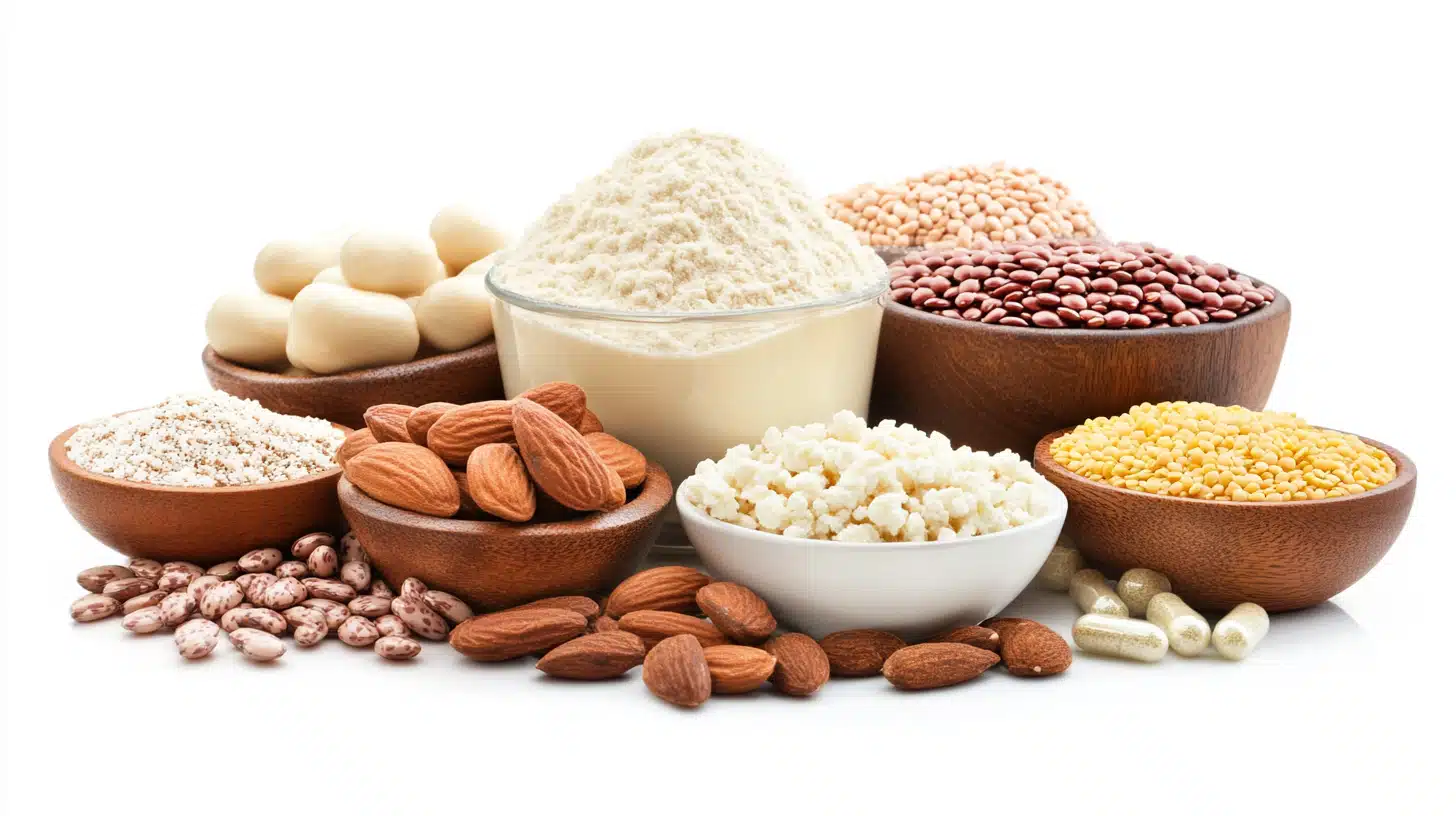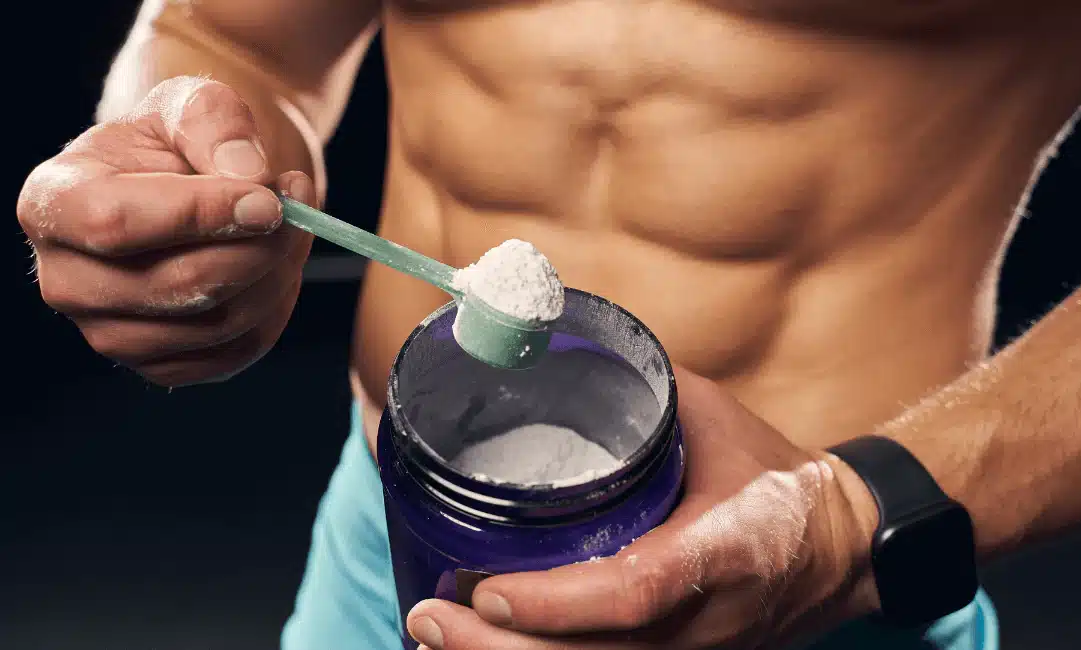
Life has a way of testing us when we least expect it. For my younger brother, it came in the form of an injury that changed everything. He loved football. It was his passion, his dream. But one unfortunate fall turned his world upside down.
It happened during a routine practice session. My brother sprinted forward, aiming for the goal. Out of nowhere, he tripped, landing awkwardly. A sharp pain shot through his leg. He had torn his muscles. Doctors advised him to rest. But he was stubborn.
His school’s final football tournament was in just a few weeks. He couldn’t miss it. He pushed through the pain, convinced he could handle it. What happened next was far worse.
During the match, another player tackled him. He fell hard, the same leg taking the impact. This time, it wasn’t just a minor tear. His muscle damage doubled and major consequences were lined up for him.
The Consequences of Ignoring Recovery

The doctors didn’t sugarcoat it. He had overstrained his muscles, causing severe damage.
- He struggled to walk properly.
- Climbing stairs felt impossible.
- His leg was constantly in pain.
- Physical therapy became a necessity.
- His dream of professional football seemed shattered.
He regretted not taking his recovery seriously. He had ignored the warnings, believing rest wasn’t necessary. But now, healing was his only option.
How Health Supplements for Everyday Life Helped His Recovery
The doctors recommended three crucial things—rest, physical therapy, and protein supplements. At first, he wasn’t convinced. He always thought protein powders were just for bodybuilders. But his body needed extra support.
Why Protein Matters in Recovery
- Rebuilds Muscle Tissue
Every movement we make breaks down muscle fibers. Protein helps repair them, making them stronger. For my brother, this was critical. - Reduces Recovery Time
Protein-rich diets speed up muscle healing. His body needed more protein than food alone could provide. - Supports Metabolism
Sitting for long hours during recovery slowed down his metabolism. Protein kept his body functioning efficiently. - Prevents Muscle Loss
Injuries lead to inactivity, which causes muscle loss. Regular protein intake helped preserve his strength.
Choosing the Right Protein Supplement
There were many options. Whey, casein, and plant-based proteins. Each had its own benefits:
- Whey Protein – Fast-absorbing. Perfect for post-workout recovery.
- Casein Protein – Slow-digesting. Great for muscle repair overnight.
- Plant-Based Protein – Ideal for those with dairy intolerance.
He opted for whey protein, mixing it into smoothies and shakes. Within weeks, he felt the difference.
The Road to Recovery
The journey wasn’t easy. Some days, the pain felt unbearable. But he stayed consistent with his protein intake and therapy. Slowly, he regained strength.
- He could walk without limping.
- Light exercises became easier.
- His endurance improved.
- The pain reduced significantly.
After six months, he returned to the field—not as a player, but as a coach. His dream had changed, but his love for football remained.
More Than Just a Supplement
Protein wasn’t just a fitness trend. It became a lifeline. His story taught me something valuable—health supplements for everyday life aren’t just for athletes. They’re for anyone who wants to heal, recover, and stay strong.
If you’re struggling with injuries or muscle fatigue, don’t wait. Give your body the support it needs. Protein isn’t just for muscle growth. It’s for resilience, healing, and strength!

